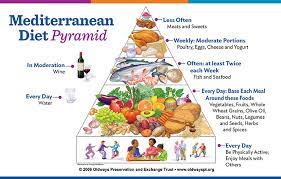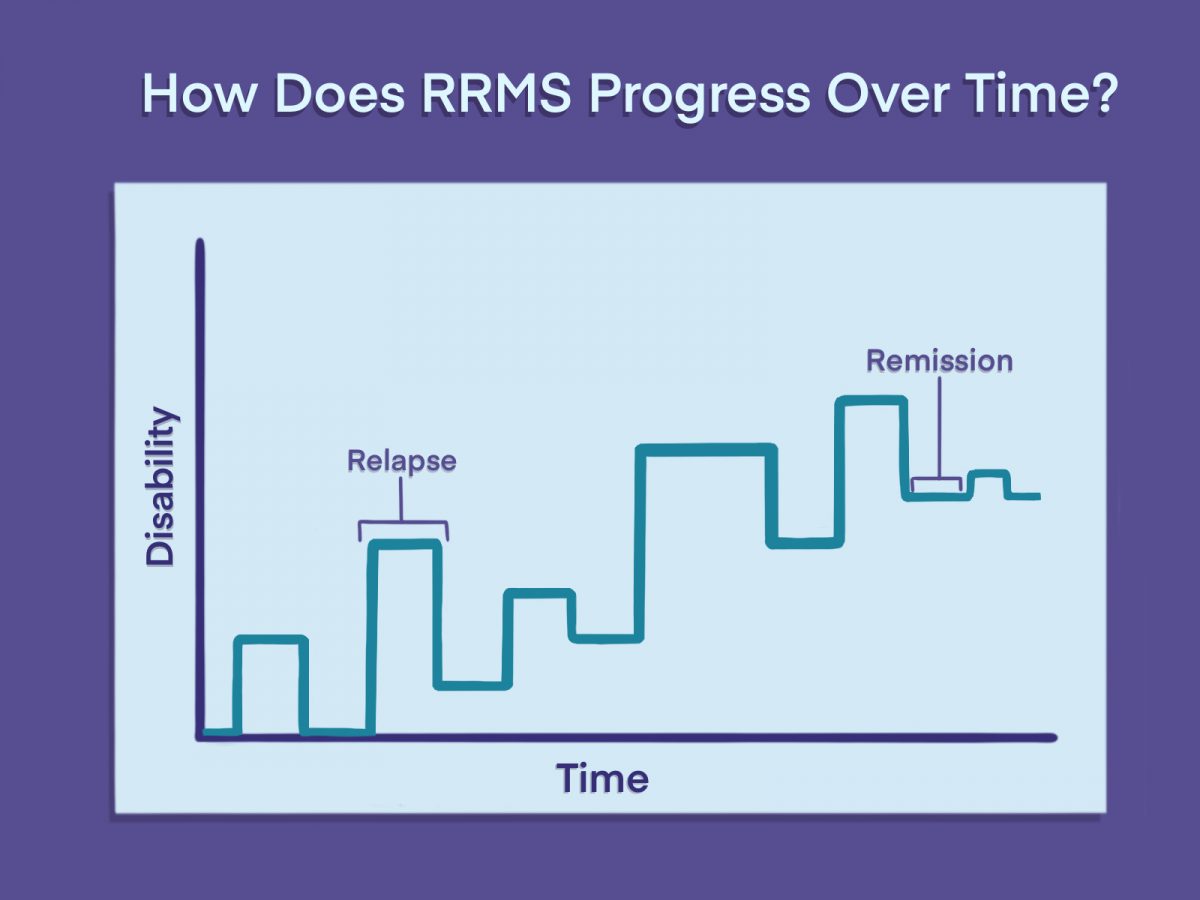The Mediterranean diet, with its unique cooking style and rich nutritional value, has always been talked about by gourmets around the world. This article will give you an in-depth understanding of the characteristics and nutritional value of the Mediterranean diet, as well as how to realize the nutritional value of the Mediterranean diet.
The Mediterranean diet, as the name suggests, originates from the eating habits of Italy, Spain, Greece, Turkey and other countries along the Mediterranean Sea. Its main features include:
Eat plenty of vegetables, fruits, whole grains and legumes, such as tomatoes, onions, broccoli, olive oil, oats, corn, red beans, etc.;
Eat fish and poultry in moderation, such as salmon, seabass, chicken, etc.;
Eat a small amount of red meat and dairy products, such as beef, lamb, milk, etc.;
Eat moderate amounts of nuts and seeds, such as walnuts, almonds, raisins, etc.;
Use healthy vegetable oils such as olive oil and sunflower oil when cooking.
The Mediterranean diet is highly regarded because of its rich nutritional value. First, the Mediterranean diet is rich in unsaturated fatty acids, especially omega-3 and omega-6 fatty acids from olive oil, fish and nuts. These fatty acids help reduce the risk of cardiovascular disease. Secondly, the vegetables, fruits and whole grains in the Mediterranean diet are rich in fiber, vitamins and minerals, which help to increase satiety, maintain intestinal health, and reduce blood sugar and blood lipids. In addition, the Mediterranean diet is also rich in antioxidants, such as vitamin C, vitamin E and polyphenols, which help resist oxidative stress and delay aging.
To realize the nutritional value of the Mediterranean diet, we can learn from the following suggestions:
Properly match three meals. Include vegetables, fruits, whole grains, and a protein source such as fish or poultry at every meal.
Choose low-fat, high-protein foods. For example, choose lean meat, grilled fish and other low-fat meat products, as well as skim dairy products.
Limit your intake of red meat and dairy products. Appropriately reduce the intake of red meat such as beef and mutton, and limit the intake of full-fat dairy products.
Use healthy cooking methods. Use healthy cooking methods such as roasting, stewing, steaming, and stir-frying instead of high-fat cooking methods such as frying and pan-frying.
Eat nuts and seeds in moderation. You can eat some nuts or seeds in moderation between meals, such as walnuts, almonds, etc.
Keep alcohol intake in moderation. Moderate consumption of red or white wine can be part of the Mediterranean diet, but be careful to control your alcohol intake.
In short, the Mediterranean diet, with its unique cooking style and rich nutritional value, has become an important reference for gourmets around the world in their pursuit of health and longevity. Realize the nutritional value of the Mediterranean diet by properly matching three meals, choosing low-fat, high-protein foods, and controlling the intake of red meat and dairy products. I hope this article can be helpful to everyone in the pursuit of healthy diet, and let us work together towards the goal of health and longevity.
Nutritionists explain the pros of this Mediterranean 7-day diet



